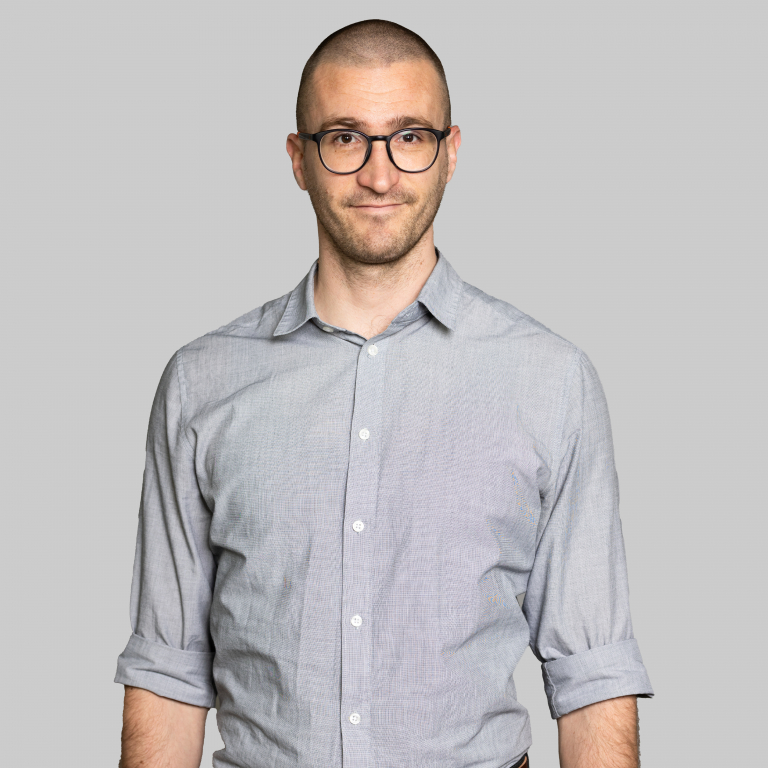The aim of the Center for Cognitive Neuroscience is to familiarise psychology students with the context of neuroscience research and the biological background mechanisms of various psychological/psychiatric pathologies.
Knowledge about the behavioural symptoms of stress-related disorders (anxiety, PTSD, depression), addiction, autism, ADHD, aggression and schizophrenia and the understanding of underlying neurological processes can be useful not only for researchers and clinical psychologists but also for practicing psychologists. Students will also learn about neurobiological testing methods, animal models based on the above-mentioned human pathologies, behavioral tests, and drug testing.
The Center's permanent and guest lecturers are renowned neurobiologists who will present the intertwining of psychology and neuroscience in a practical and exciting way, supported by the latest literature and research findings.
Click here for the Hungarian version of this site:


